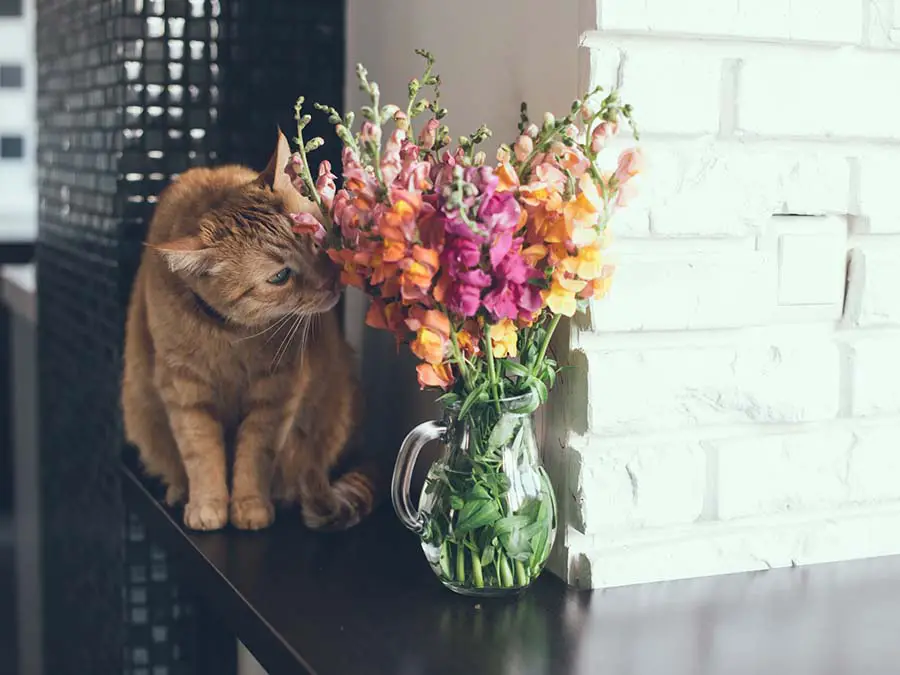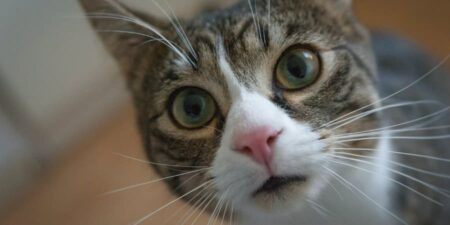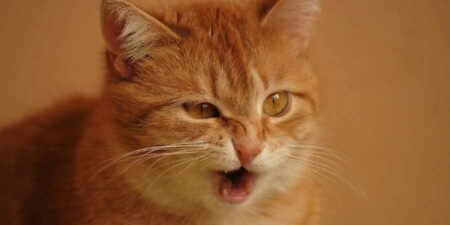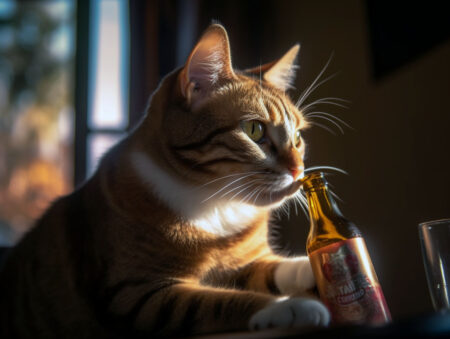Is it safe to burn incense around your beloved cat? Many cat owners enjoy burning incense for its pleasant aroma and calming effects. However, it’s important to consider the potential impact on your pet’s health and well-being.
How Incense Affects Cats
Unfortunately, incense can be harmful to cats. Cats have sensitive respiratory systems, and the smoke produced by burning incense can lead to various health issues, including respiratory distress, allergic reactions, and even asthma attacks. The scent of incense, which humans find so pleasant, may be overwhelming and irritating to a cat’s sensitive nose.
Besides the smoke, incense also releases volatile organic compounds (VOCs) and scented particles into the air. These particles can build up in your cat’s body over time, potentially leading to long-term health problems. Some studies have suggested that exposure to these compounds can cause liver and kidney damage in cats.
Moreover, certain essential oils used in incense can be toxic to cats. These oils, when inhaled or ingested, can lead to severe poisoning, causing symptoms such as vomiting, diarrhea, tremors, and even seizures. If you suspect your cat has been exposed to a toxic essential oil, consult a veterinarian immediately.
Alternatives
Considering the potential risks, it is best to avoid burning incense around your cat. However, if you still want to create a calming and fragrant atmosphere in your home, there are safer alternatives available. For example, you can use a diffuser with pet-safe essential oils, ensuring the scent is subtle and not overwhelming. Look for products specifically labeled as safe for pets, or consult your veterinarian for recommendations.
In addition to choosing pet-safe products, ensure proper ventilation in your home when using any scented products.
I’d also suggest opening windows and doors to allow fresh air in to prevent the buildup of potentially harmful particles.
If you notice your cat showing signs of respiratory distress, such as coughing, sneezing, or labored breathing, remove them from the scented environment immediately. Monitor their condition closely, and if symptoms do not improve or worsen, seek veterinary care as soon as possible.
Conclusion
Ultimately, the health and happiness of your cat should be the top priority. By choosing safer alternatives and ensuring proper ventilation, you can still enjoy a fragrant home while minimizing the risks to your cat’s well-being.
Related Questions
1. Can incense smoke be harmful to cats?
Yes, incense smoke can be harmful to cats. Cats are more sensitive to airborne pollutants than humans due to their smaller size and faster metabolism. The particles and chemicals released from incense can cause respiratory issues, such as asthma, or irritate their eyes and nasal passages.
2. Are certain types of incense worse for cats than others?
Some types of incense may be more harmful to cats than others. Incense containing artificial fragrances or ingredients, such as synthetic musk or phthalates, can be more toxic to your pet. Natural incense made from wood, herbs, or resins, like frankincense and myrrh, may pose fewer risks if used in moderation and with proper ventilation.
3. What symptoms should I look for if my cat has been exposed to incense smoke?
If your cat has been exposed to incense smoke, watch for symptoms such as coughing, sneezing, wheezing, eye or nasal discharge, or difficulty breathing. Additionally, your cat may show signs of lethargy or loss of appetite. If you notice any of these symptoms, consult your veterinarian for advice.
4. How can I reduce the risks associated with incense use around my cat?
To reduce the risks associated with incense use, follow these guidelines: use natural incense in moderation, ensure proper ventilation by opening windows or using an air purifier, keep the incense burning area away from your cat’s living space, and regularly clean the incense burner to prevent buildup of harmful particles.
5. Are there any alternatives to incense that are safer for my cat?
Several alternatives to incense are safer for use around cats. Consider using an essential oil diffuser with cat-safe essential oils, such as lavender, chamomile, or rosemary. Alternatively, you can use soy-based candles, beeswax candles, or air fresheners made with natural ingredients.
What Scents Are Harmful to Your Cat? (Video)
"In ancient times cats were worshipped as gods; they have not forgotten this."
-- Terry Pratchett





